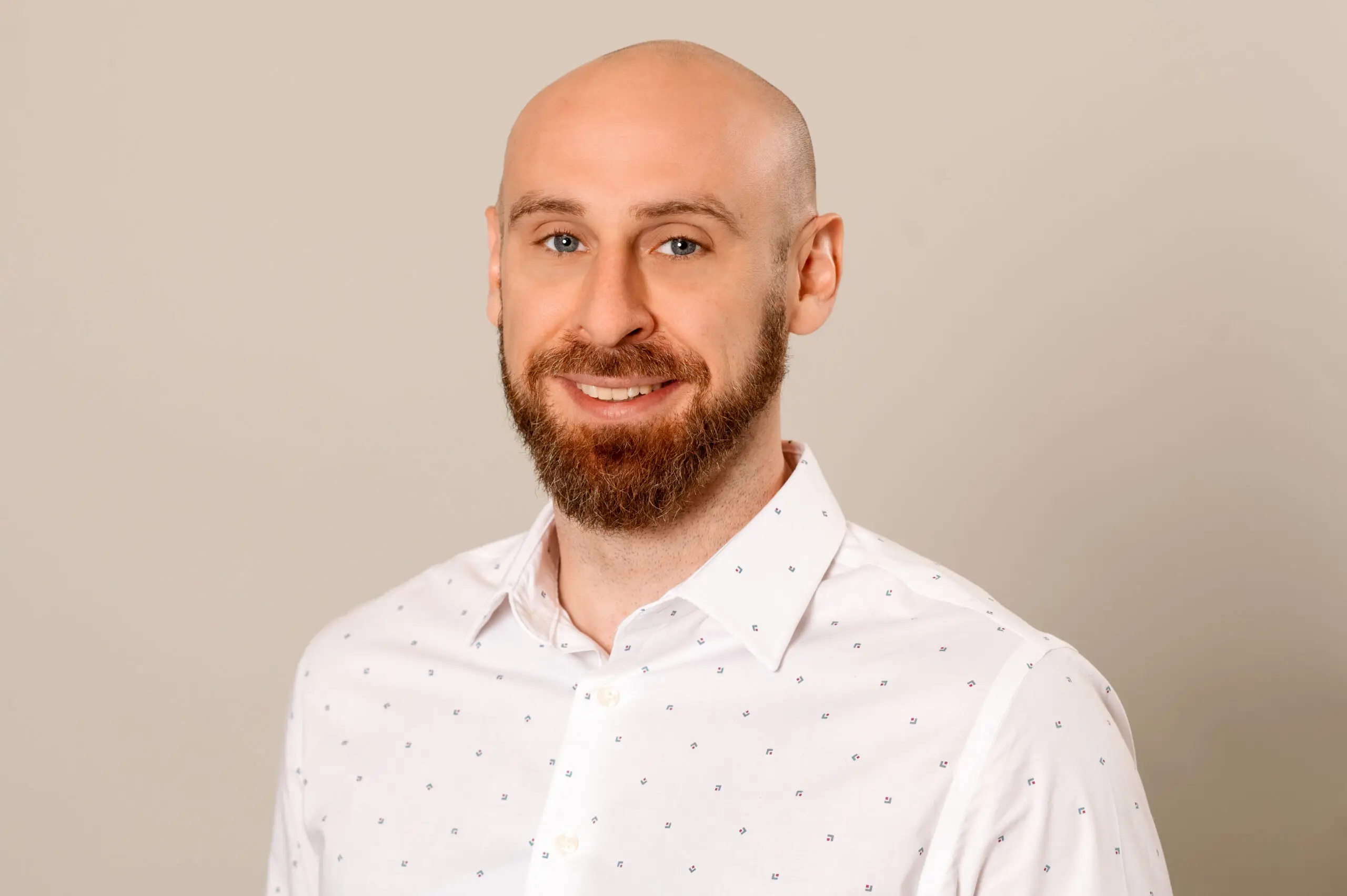The rapid rise of state-sanctioned sports betting has led to more people experiencing problems with gambling. Around 30-40% of online sports bettors experience problems, though a smaller percentage would meet the clinical criteria for full-blown gambling disorder.
Sports betting is an extremely dangerous activity for millions of Americans.
In 2023, Ohio joined more than two dozen other states with online sports betting. The Buckeye State was relatively late to legalizing sports gambling on mobile devices and in retail casinos.
Ohio’s first state-sanctioned brick-and-mortar casino opened in 2012, but it wasn’t until sports betting legalization that Ohio was able to move the ball forward with no-cost remote counseling services for gambling problems, according to Michael Buzzelli, associate director of the Problem Gambling Network of Ohio (PGNO).
People within Ohio’s borders wagered more than $1 billion on state-sanctioned platforms the first month online sports betting was legal, losing more than $200 million from those wagers. Since January 2023, people within Ohio (which includes visitors) have lost more than $1.4 billion on sports betting, according to state data compiled by Legal Sports Report.
The Ohio Gambling Telehealth Network (OGTN), a subsidiary of the state-funded PGNO, became a reality “more quickly and with more buy-in because of sports betting,” Buzzelli said. The program launched earlier this year ahead of the college football and NFL seasons.
According to Buzzelli, OGTN is the first of its kind in the country with gambling counselors, who are based in Ohio, providing no-cost services to residents.
“They know the Ohio landscape,” Buzzelli said.
People need services everywhere. I could live in the most rural area and have gambling in my pocket. Telehealth is probably more comfortable for a person gambling online.”
Many Ohio counties have no mental health service providers specialized in gambling disorder.
All Ohio residents, regardless of ability to pay, can receive online services with OGTN if they are living with gambling-related harms, which includes family members of a problem gambler. People without insurance aren’t turned away due to an inability to pay, nor are they expected to pay out of pocket or receive bills for services.
It’s remarkably fast to receive help for gambling problems in Ohio. A person could register online at 9 a.m. and have a remote in-take that day, Buzzelli said. Clients have usually stayed in the program for 6-10 sessions. Unfortunately, there is high recidivism for gambling.
OGTN deals with all forms of problem gambling (sports betting, lottery, slot machines, card games, and so on). In the future, the program will offer form-specific group counseling services.
“Grouping people based on form is on the horizon for us,” Buzzelli said.
People living with gambling-related harms might feel more comfortable in a session with other individuals who have the same specific form of gambling.
Thanks to not rushing into online sports betting following a 2018 U.S. Supreme Court ruling that struck down a federal prohibition, Ohio had greater awareness of problem gambling issues before its launch. There has been more collaboration from the local, county and state levels on gambling harm, according to Buzzelli.
Ohio is among the top five states in the U.S. in terms of problem gambling funding.
While there will always be gambling addiction in Ohio, the PGNO’s mission is the prevention of gambling-related harm.
“Our goal is to make ourselves obsolete,” Buzzelli said.
OGTN comes at a crucial time. Calls to Ohio’s gambling hotline were up 55% in the first year of legalized sports betting, but that’s only the tip of the iceberg of the harm.
“It takes a while to develop the longer, deeper consequences [of a gambling problem], so you can’t only look at helpline numbers,” Buzzelli said.
Anyone in Ohio struggling with problem gambling can visit ohiogtn.org or call 614-750-9877. Anyone experiencing a crisis can call the Ohio Problem Gambling Helpline at 1-800-589-9966.

